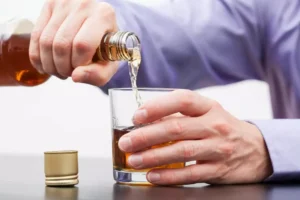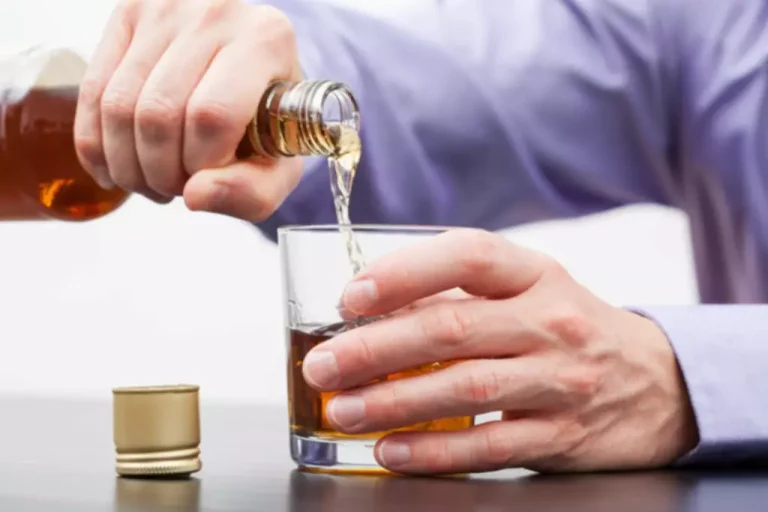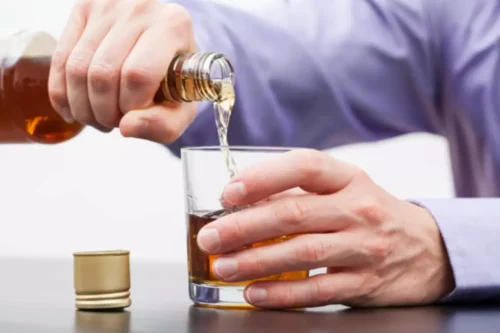
Donating money, volunteering time, or providing care can serve as indirect amends when direct communication is Alcoholics Anonymous not feasible. The key aspect of indirect amends is focusing on personal growth and changing harmful behaviors. When you make amends, you acknowledge and take responsibility for your actions that have hurt others.

Examples of a Direct Amend

You’re left with a mountain of guilt and no one to apologize to, no one from whom you can ask forgiveness or make amends. It is not a time to make excuses for our behavior instead, it’s an open door for the wronged person to express themselves. They get the opportunity to express how my actions affected them. A qualified behavioral therapist can help you identify the areas of your life that need attention.
Lifestyle Products

So be sure to talk with your sponsor and/or support group about your plan in the event that you need support. These changes in behavior help toward the goal of reestablishing relationships or making them stronger. At Living Amends, we strive to ensure that each recipient of our scholarship can get the on-going support they need living amends definition to stay sober. To learn more about our program or to apply for our scholarship, please contact our team members today. Today we understand just why that was…one alcoholic was talking to another as no one else can.
Committing to Family Therapy
Step eight is preparation for the action of step nine, which involves putting your recovery into action. Secondly, sobriety helps minimize the risk of reverting to old behaviors. Emotionally charged situations arise when addressing past mistakes, and being sober equips individuals with better coping mechanisms to navigate these feelings. Addressing co-occurring mental health issues alongside maintaining sobriety via dual diagnosis treatment is also helpful to this end. Direct amends involve making direct restitution or apologies to those who have been harmed. This can take the form of face-to-face conversations, written apologies, or other forms of direct communication.
- By clearly stating your commitment to change and the actions you’ve undertaken, you can convey sincerity and accountability effectively.
- Before adding amends to your list, think about your motives for contacting this person and work with your sponsor to determine next steps.
- We go back to a moment in time and we fixate on the things we wish we had done differently.
How To Make 9th Step Amends In Recovery
- I’m not his teacher, and I’m sure she’s skilled at handling that type of problem.
- They take different forms, including direct amends, indirect amends, and living amends.
- This dynamic can lead to deeper conversations and a more profound understanding of each other’s experiences, ultimately enriching the recovery process.
- There are several different ways you can offer amends to someone you hurt.
- But you don’t know their name, and you have no idea where to start looking.
- Over the years, in small bits and pieces, I have been able to share small pearls of my Al-anon wisdom.
- Work with your sponsor, treatment center, and 12-Step group to determine which parts of this are right for you.
Making a living amends involves apologizing to your loved ones that you hurt and using your actions to prove you have changed and are committed to living a healthier and sober lifestyle. This process is described in steps 8 and 9 of the 12-Step Program. When you struggle with substance use addiction, taking the first steps to learn how to begin the amends process is admitting you need help and starting your recovery journey. At Buckhead Behavioral Health in Atlanta, we are here to help you take those first steps with our custom-tailored treatment programs that teach you how to make amends and live a sober lifestyle. You will most likely hear the term “living amends” from your sponsor or peers during your recovery. This term refers to your desire to change how you live and your behaviors to remain committed to living a sober lifestyle.
Now, whether it is an apology, a want for forgiveness, or an amends, that person isn’t here and it makes it hard to imagine any of those things are possible. When someone is alive and you’ve hurt them, amends are more straightforward. You might go to that person and take responsibility for what you have done wrong, express you deep remorse, and ask what you can do to make it up to them. You may couple that making of amends with a request for forgiveness.
While everyone’s recovery journey is different, making amends is an important part of many recovery programs, like the 12-Step Program, because it promotes healing and relapse prevention. Sometimes, it’s not possible or safe to contact someone directly. They may have passed away, or reaching out might cause more harm. In these cases, you can make indirect amends—doing something positive to honor the person or situation. Relationships are chief among the casualties of substance use disorders, and for good reason.

What are the steps involved in making amends according to Alcoholics Anonymous?
This way, they can help you decide if direct contact is a good idea. After completing step eight, you’ll have to categorize the names based on the sort of amends you can (or can’t) make. The goal at this point is simply to become willing to make your amends when the time comes.
To understand what living amends are is to understand the concept behind amends in a 12 step program.
Negative self-labeling can hinder making amends by reinforcing feelings of unworthiness or shame. It’s important to challenge these thoughts and recognize that everyone makes mistakes. Focusing on the power of making amends can help shift this mindset towards a more constructive view of recovery.
